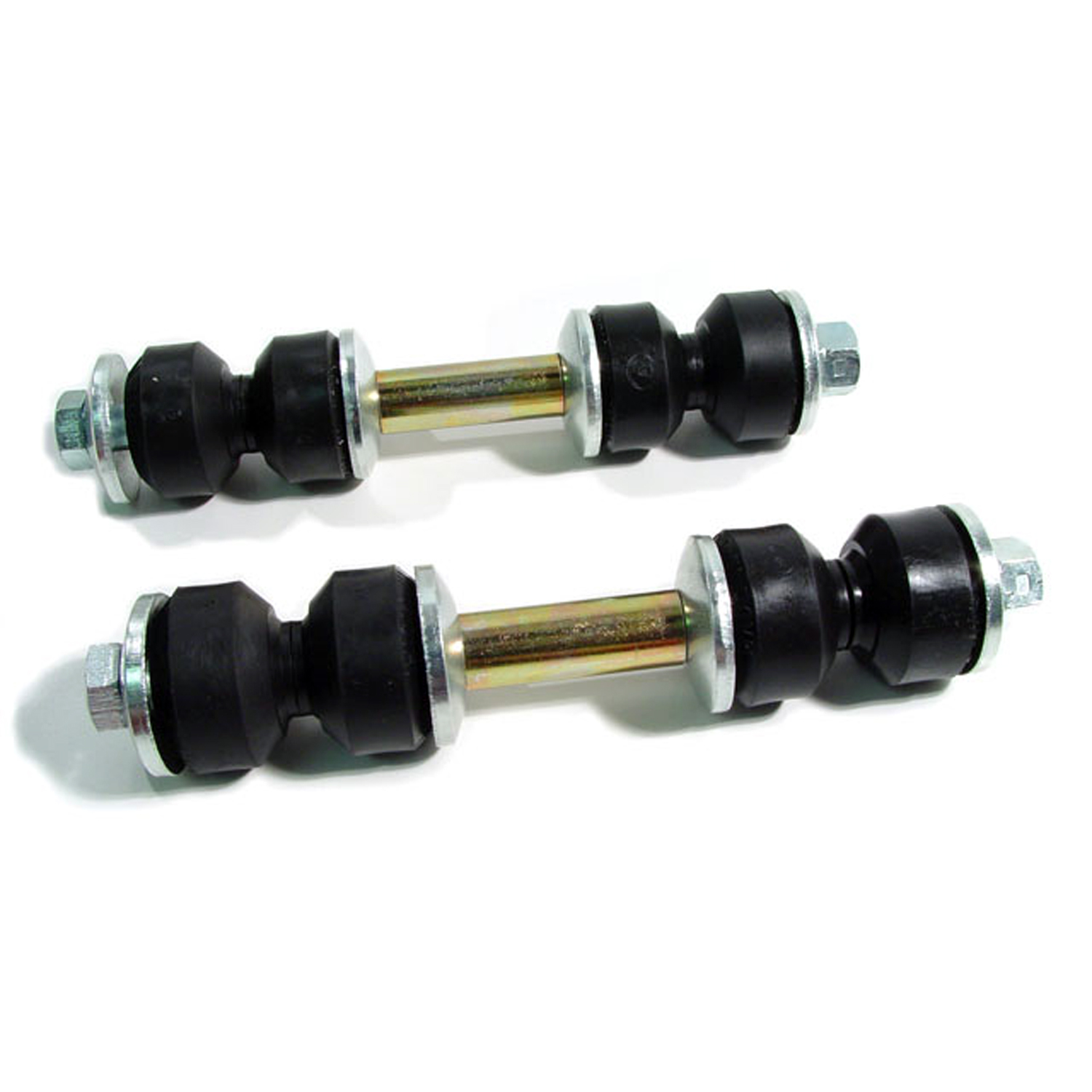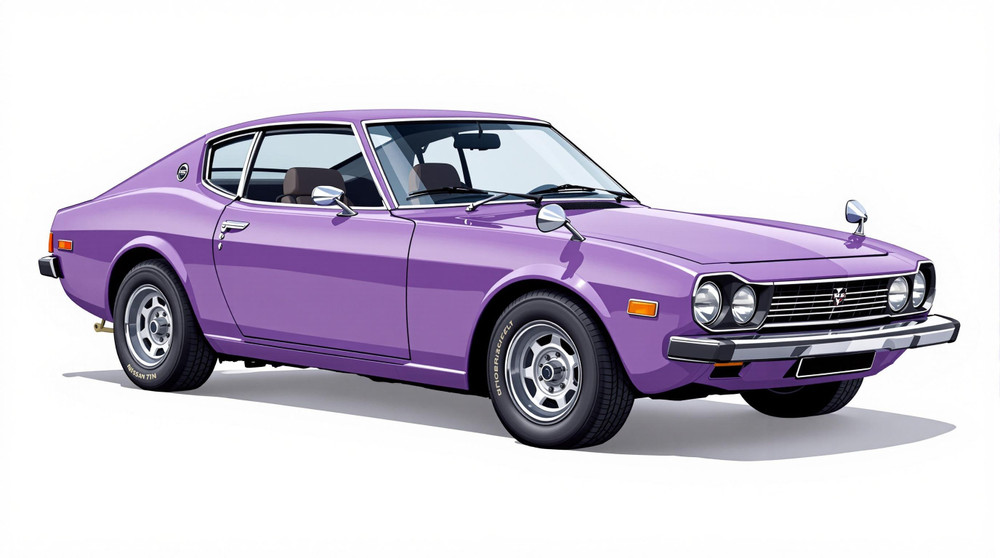Image of 1976 Nissan 710, Note: These illustrations use artistic license and may differ from actual historical models.
Performance Metrics
Fundamental Metrics
Emotional Appeal
MMP Rating
| Engine Specifications | |
|---|---|
| Engine: | L16 I4, L18 I4, L20B I4 |
| Displacement: | 1.6L-2.0L |
| Horsepower: | 96-110 hp |
| Torque: | 100-117 lb-ft |
| Compression Ratio: | 8.5:1 - 9.0:1 |
| Ignition System: | Conventional distributor with points |
| Cooling System: | Liquid-cooled |
| Performance Specifications | |
| 0-60 Time: | Estimated 12-14 seconds |
| 1/4 Mile Time: | Estimated 18-20 seconds |
| Top Speed: | 100 mph |
| Transmission and Drive | |
| Drive Type: | Rear-wheel drive |
| Transmission Type: | 4-speed manual, 3-speed automatic |
| Fuel and Efficiency | |
| Fuel System Type: | Carburetor |
| MPG: | Estimated 20-25 mpg |
| Dimensions and Brakes | |
| Brakes: | Front disc, rear drum |
| Wheelbase: | 94.5 inches |
| Weight: | 2,200 lbs |
Note: Specifications for classic cars are given to the best of our ability, considering the limited and variant data available.
A Journey Through Time: The 1976 Nissan 710
The year 1976 marked a distinctive era in automotive history, a time when the industry was ripe with innovation and design. It was during this vibrant period that Nissan introduced the 710, a vehicle that encapsulated the essence of Japanese engineering and style. Known for its reliability and practicality, the Nissan 710 emerged from a lineage of vehicles that were designed to meet the needs of the everyday driver while offering a taste of performance.
Manufactured by Nissan, a company that had already established itself as a leader in the global automotive market, the 710 was part of the Datsun lineup in markets outside Japan. A unique fact about this vehicle is that it was one of the models that helped solidify Nissan's reputation in North America, serving as a bridge between the compact and sports car segments.
Design and Innovation
The exterior styling of the 1976 Nissan 710 was both modest and forward-thinking. Its clean lines and unassuming profile were hallmarks of Japanese design philosophy during that period. The interior featured a straightforward layout with an emphasis on functionality. Materials used within were durable, reflecting the car's utilitarian purpose, yet comfortable enough to make daily driving a pleasant experience.
For its time, the 710 boasted technological features such as an optional three-speed automatic transmission and an advanced (for the era) overhead cam engine. Color options ranged from classic whites and silvers to more vibrant shades that mirrored the lively spirit of the '70s. Among these, hues like Sunshine Yellow were particularly popular.
The Nissan 710 was available in various body styles including two-door sedans, four-door sedans, and station wagons. The most iconic among these was arguably the two-door variant, which offered a sportier appeal.
Historical Significance
The impact of the Nissan 710 on automotive design was subtle yet significant. It represented an era where efficiency began to take precedence without sacrificing style or driving enjoyment. This model stood out for its balance of economy and performance—a combination that was less common in an age dominated by gas-guzzling giants.
Performance and Handling
The performance of the 1976 Nissan 710 may not rival modern sports cars, but for its time, it offered commendable capabilities. With top speeds adequate for highway cruising and acceleration brisk enough for city driving, it struck a balance between zest and practicality. Handling characteristics were praised for being nimble; drivers could expect responsive steering and a suspension capable of absorbing road imperfections while maintaining composure on winding paths.
The driving experience was characterized by the distinctive hum of its four-cylinder engine—a sound that became synonymous with Datsun vehicles of that era. The ride quality was firm yet forgiving, allowing drivers to feel connected to the road without discomfort.
Ownership Experience
Owners of the Nissan 710 often used their cars as daily drivers due to their reliability and efficiency. It also found its way into car shows thanks to its classic appeal and into amateur racing events due to its tunable engine platform. Maintenance was relatively straightforward, making it an accessible classic for enthusiasts looking to dabble in vintage car ownership without daunting repair costs.
Fun Facts
The Nissan 710 may not have been associated with high-profile celebrity ownerships or record-breaking speed achievements, but it did hold a record for reliability in its class during its heyday. Common criticisms often revolved around its conservative styling—critiques that were quickly overshadowed by appreciation for its dependability over time.
Collector's Information
Today, collectors might find a well-preserved 1976 Nissan 710 valued within a range from $5,000 to $15,000 depending on condition, originality, and provenance. While exact production numbers are hard to pinpoint, it's safe to say that this model isn't as commonly seen as some other classics from the same era. As such, it has been slowly appreciating in value as enthusiasts seek out unique pieces of automotive history.
Conclusion
The 1976 Nissan 710 stands as a testament to an era where cars were beginning to evolve into more fuel-efficient and practical machines without losing their soulful character. It's a vehicle that offers a glimpse into Japan's automotive heritage—a classic that continues to be celebrated by collectors and enthusiasts alike for its simplicity, reliability, and understated charm.
1976 Nissan 710 Catalog of Parts
 1976 Nissan 710 Front Stabilizer End Repair Kit-BNK 22Front Stabilizer End Repair Kit. 22-piece set for two stabilizer bars. Contains all rubber bushings, washers, bolts and nuts, enough for one front end. Set
1976 Nissan 710 Front Stabilizer End Repair Kit-BNK 22Front Stabilizer End Repair Kit. 22-piece set for two stabilizer bars. Contains all rubber bushings, washers, bolts and nuts, enough for one front end. SetWhy Choose Metro?
For over 100 years, Metro Moulded Parts has been the pinnacle of quality in classic car restoration parts. Our commitment to precision and authenticity in every component ensures a perfect fit and an OEM-level appearance.
- Expert Craftsmanship & Quality: Each part is a testament to our dedication to reliability and perfection, crafted from original designs and thoroughly tested.
- Advanced Technology: We use cutting-edge techniques to create flawless, long-lasting parts that surpass others in performance.
- SuperSoft Sponge – The Ultimate Door Seal: Not only are our door seals 30% softer than competitors', but they're also guaranteed to never leak. They effectively reduce wind and road noise, enhancing your classic car's comfort and driving experience.
- Proudly American: Our parts are a product of American craftsmanship, made in the USA with a spirit of excellence and heritage.
- Unrivaled Warranty: We back our products with a 30-year industry-leading warranty, a testament to our confidence in their quality.
Join us in preserving the legacy of classic cars with parts that are crafted for perfection, not just made.

